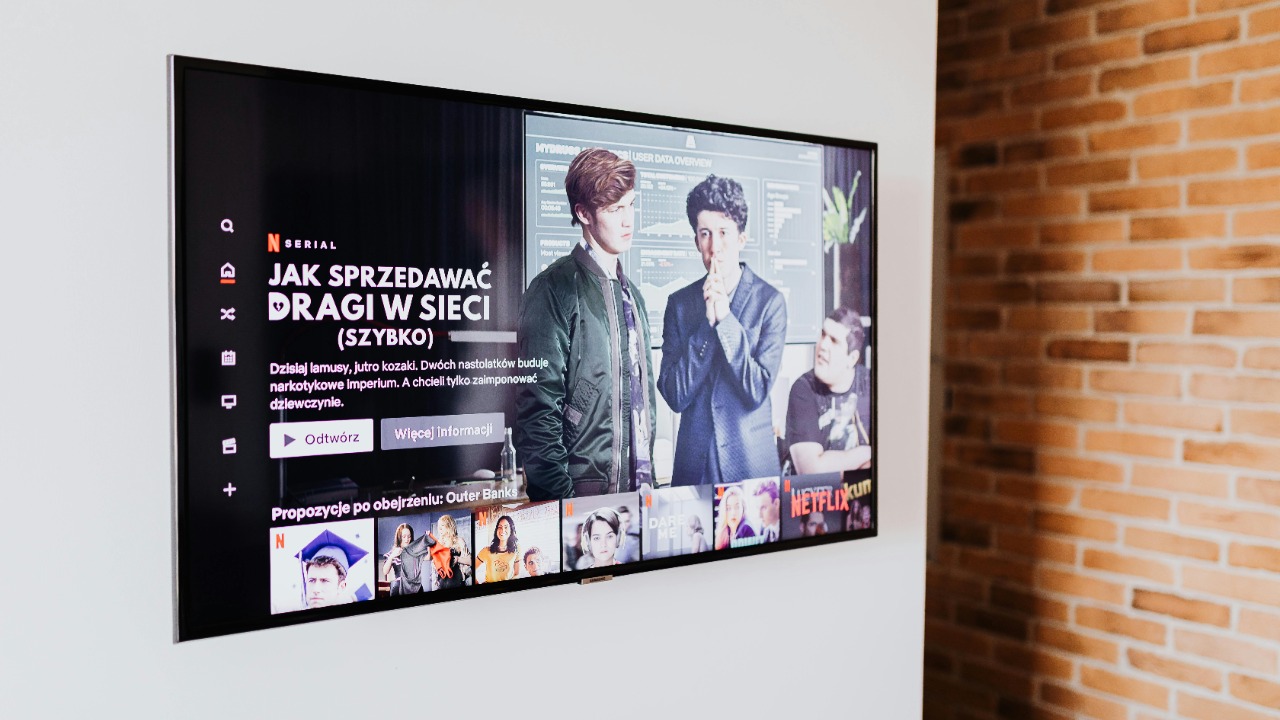
As technology advances, so do concerns over privacy and security. In the case of smart TVs, these concerns have escalated due to the potential eavesdropping capabilities of these devices. This article will delve into the mechanics of smart TVs, their potential to secretly record entire conversations, and how to protect your privacy.
The Technology Behind Smart TVs
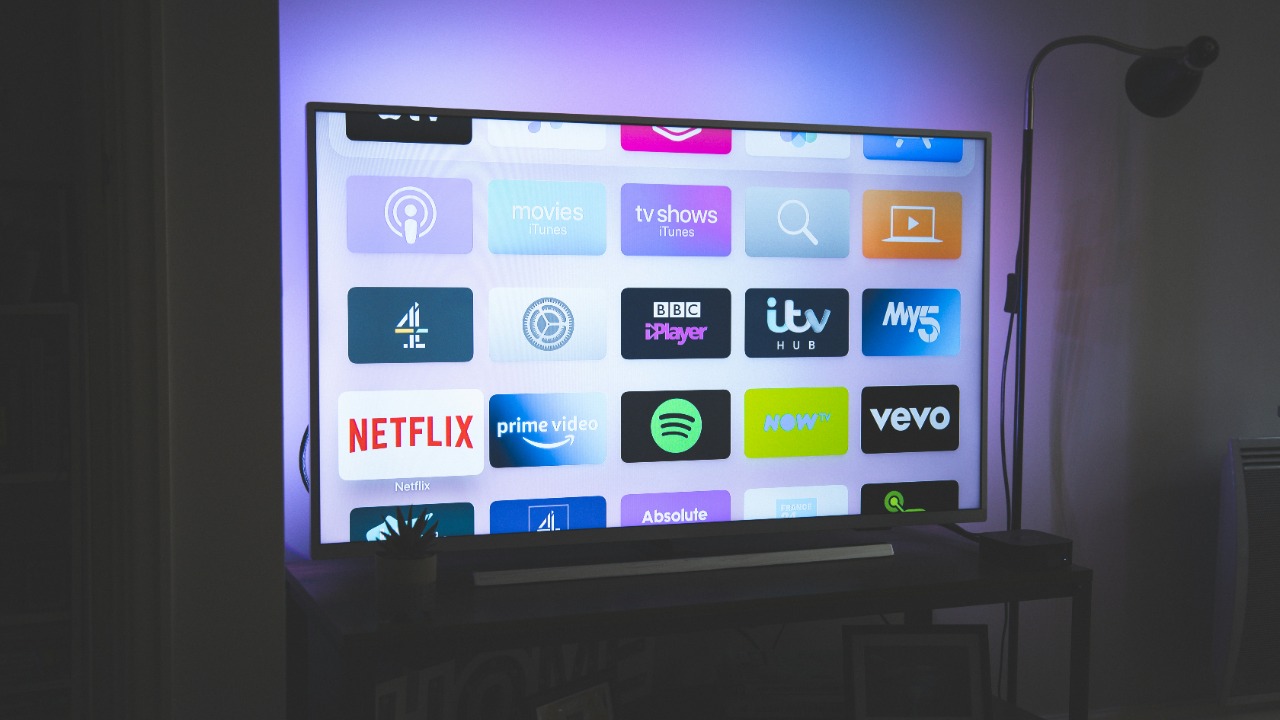
Smart TVs have come a long way since their inception. They are now equipped with advanced features such as voice recognition and command features. These features use sophisticated algorithms to process and respond to your commands, turning your television into a hands-free device. However, this advanced technology also has implications for privacy.
These voice recognition features, while convenient, could potentially allow smart TVs to record conversations. The technology is designed to listen for specific command words or phrases. However, there is a possibility that they could be capturing more than just these commands. In fact, they could be recording entire conversations, unbeknownst to users.
Case Studies: Instances of Smart TVs Recording Conversations
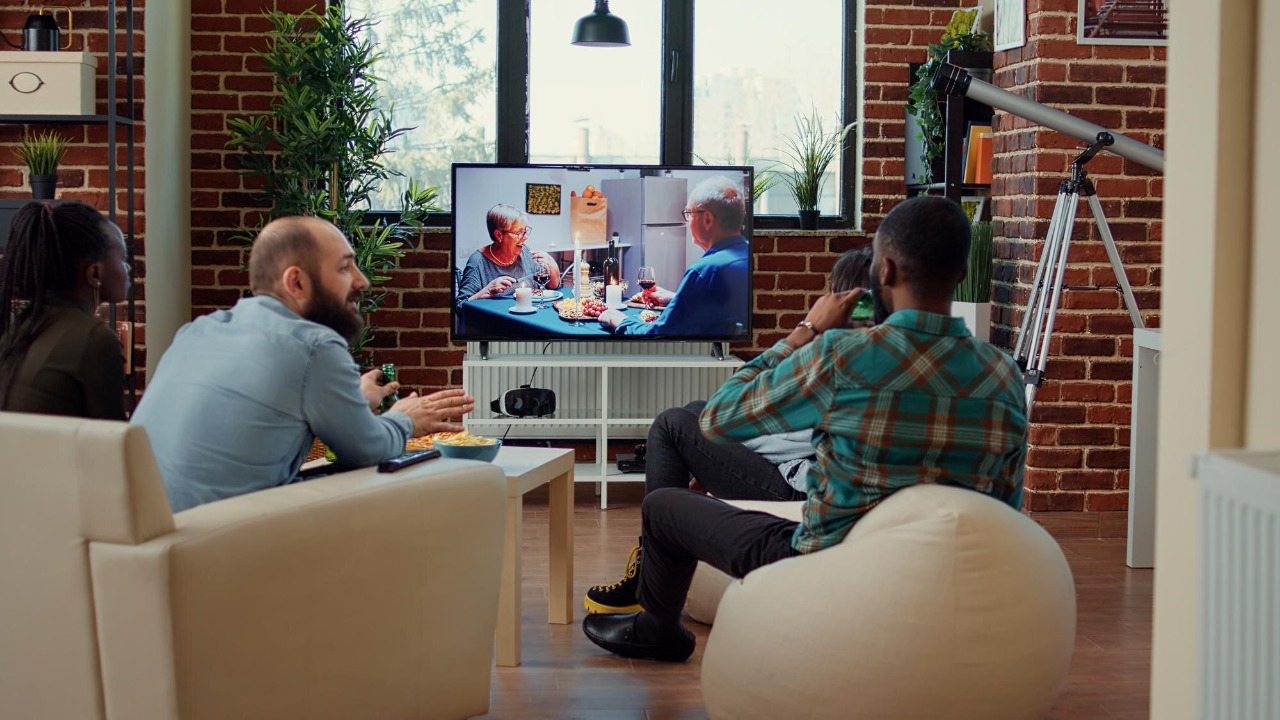
There have been instances in the past where smart TVs were suspected of recording conversations. In 2015, for example, Samsung faced backlash when their privacy policy suggested that their Smart TVs could capture personal or sensitive information through their voice recognition feature.
Other smart TV manufacturers have also been under scrutiny for potentially recording conversations. While not all suspicions have been substantiated, these cases highlight the potential for smart TVs to infringe upon user’s privacy and the need for transparency from manufacturers.
Legal and Ethical Implications

The potential for smart TVs to record private conversations raises serious legal and ethical questions. In many jurisdictions, it is illegal to record conversations without the knowledge or consent of all parties involved. Even when it is not explicitly illegal, it certainly raises ethical issues.
An ACM study discusses the implications of smart devices, including TVs, in the context of privacy and data security. The study highlights the need for laws and regulation specific to these technologies to adequately protect consumers.
How Smart TVs Use and Share Collected Data
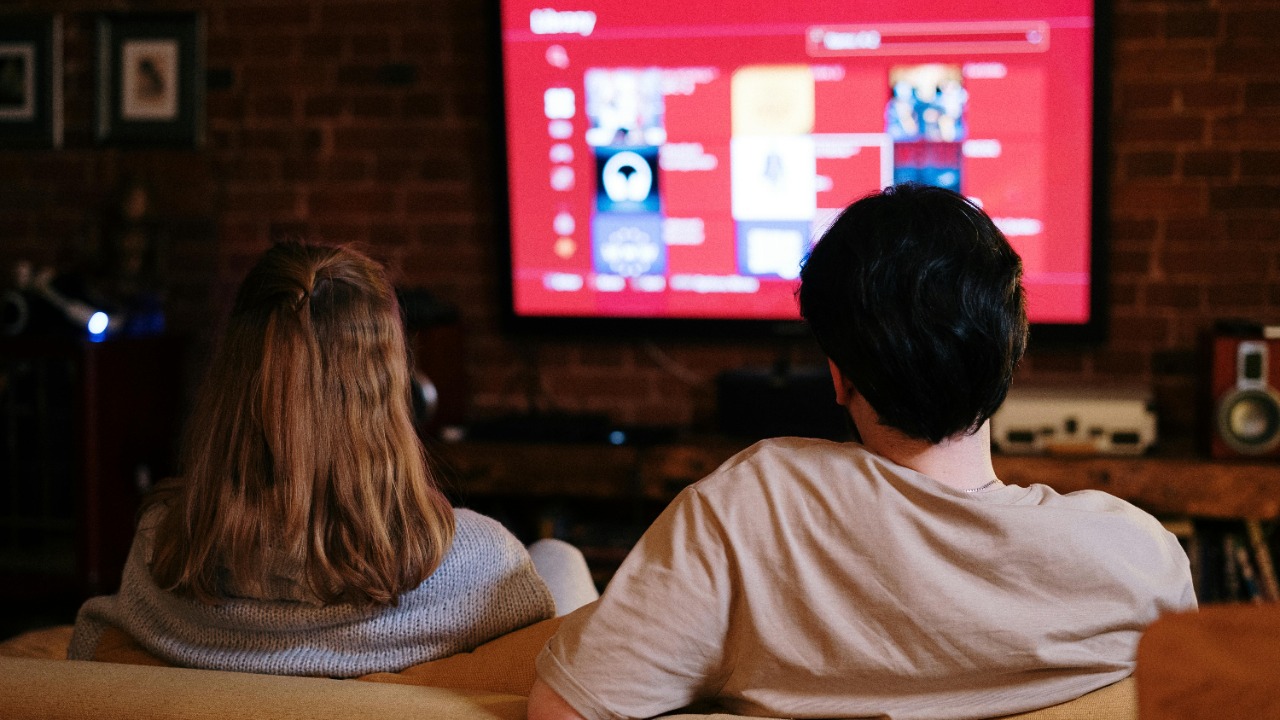
Once recorded, the data collected by smart TVs can be used in a number of ways. Some manufacturers may use this data to improve features or provide personalized content. However, this data can also be shared with third parties for a variety of purposes, such as targeted advertising.
This data sharing carries risks, including potential data breaches. As The Guardian reports, your smart TV knows a lot about you, and that information can be valuable to advertisers and potentially harmful if it falls into the wrong hands.
Protecting Your Privacy: Preventing Smart TVs from Recording Conversations
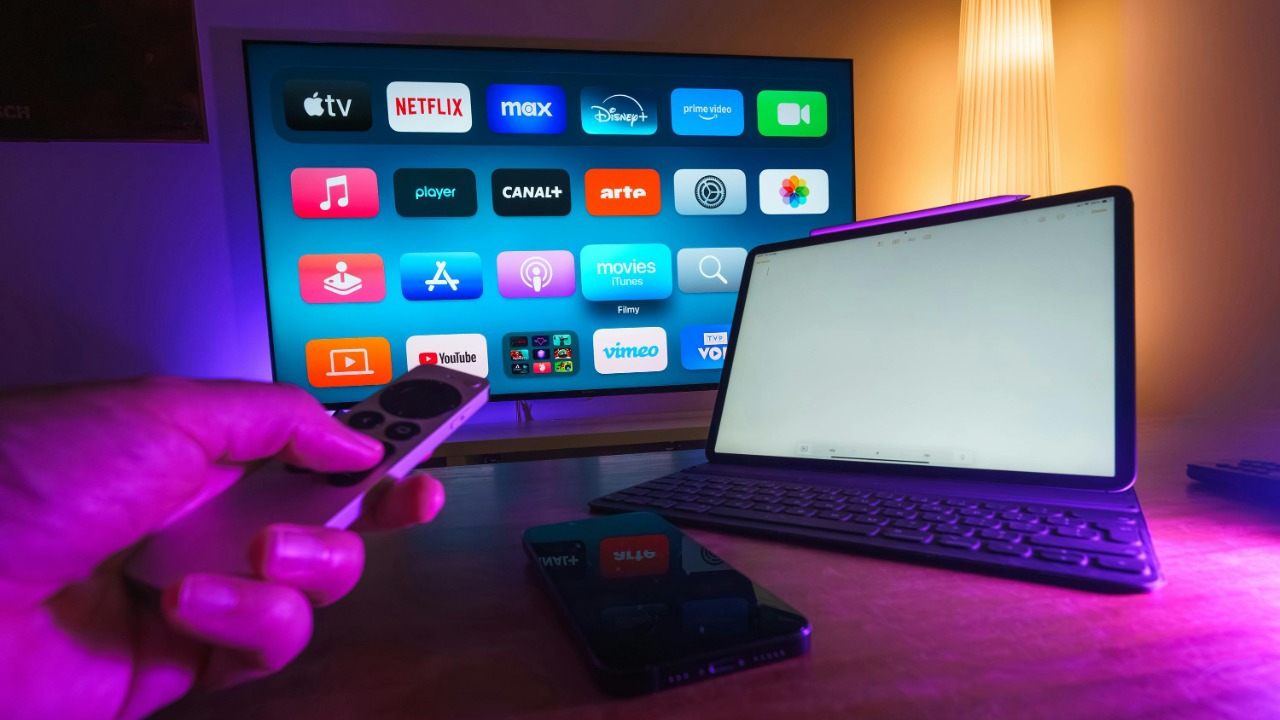
Luckily, there are steps you can take to prevent your smart TV from potentially recording your conversations. One of the most effective ways is to disable the voice recognition feature. While this may limit some functionality, it will significantly reduce the risk of your conversations being recorded.
Additionally, you can take further steps to safeguard your privacy when using smart TVs. For instance, regularly reviewing and updating your privacy settings, being mindful of which apps you allow access to your data, and disconnecting your TV from the internet when not in use. MakeUseOf provides a comprehensive guide to securing your smart TV.